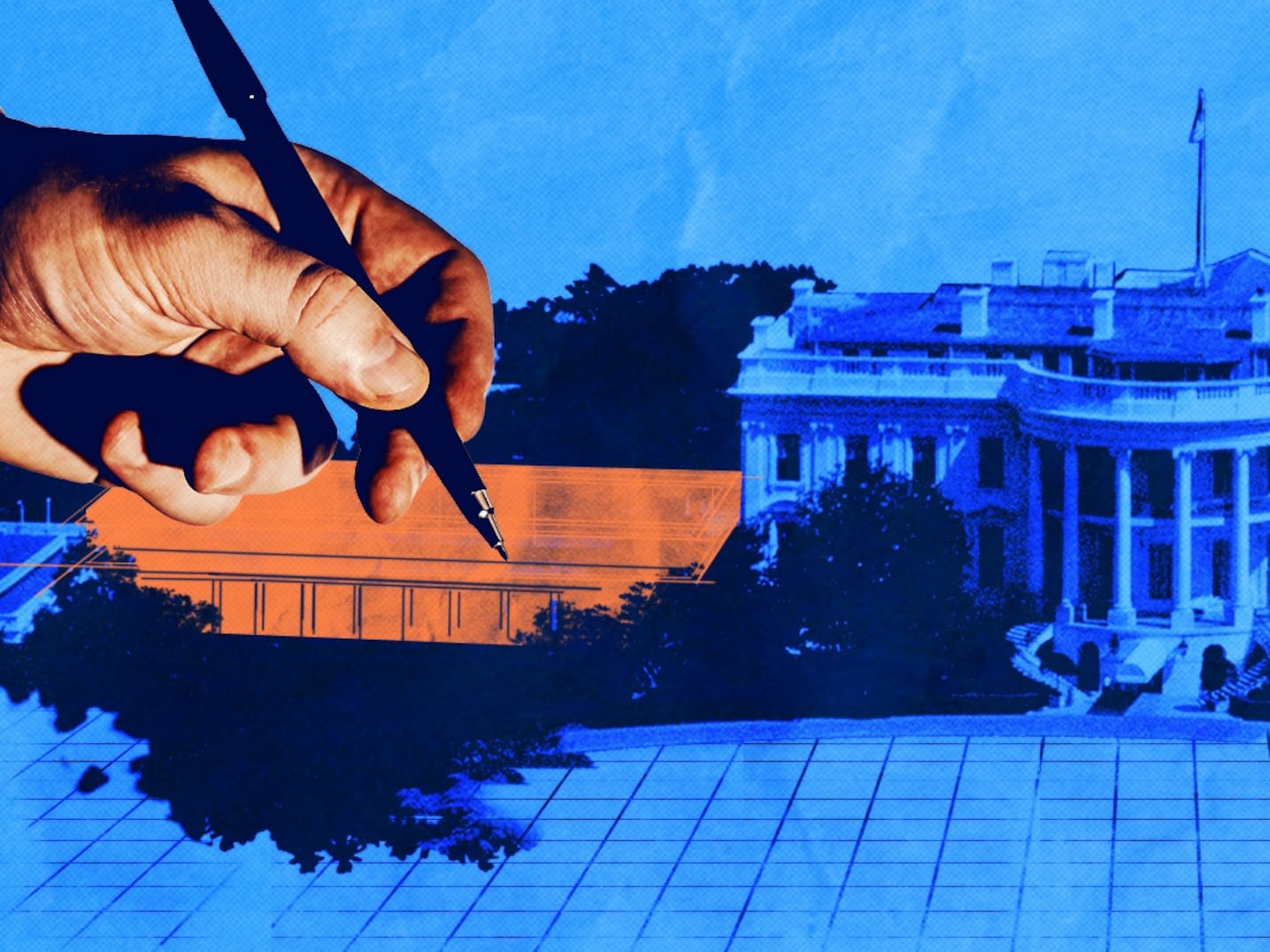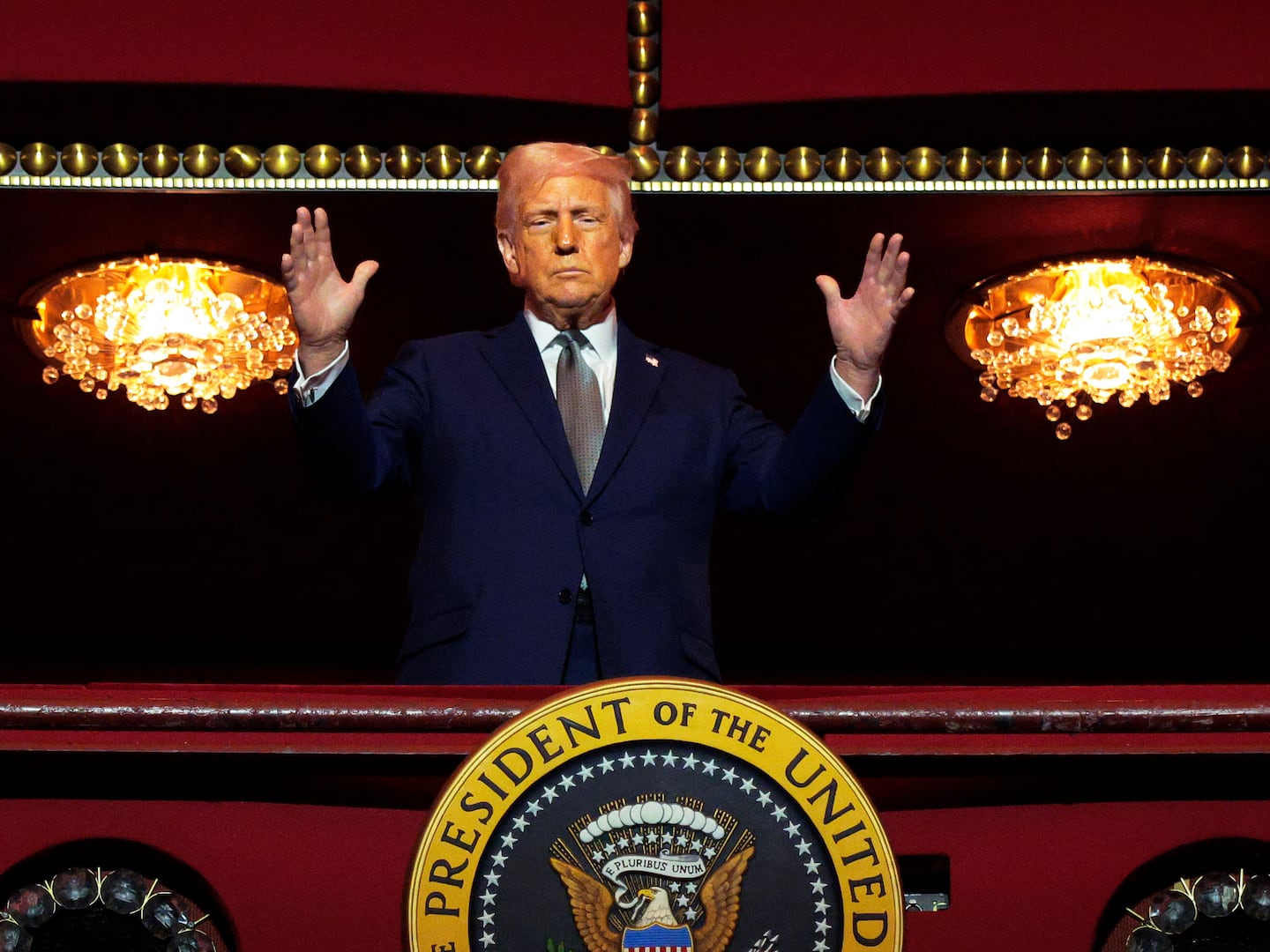As the nation grieves over the Colorado shooting tragedy, consider this less singularly eventful but more intrinsic reality: In Chicago alone, over 4,000 people age 21 or younger have been shot in the last four years.
The nation averages 87 gun deaths each day as a function of gun violence, with an average of 183 injured, according to the University of Chicago Crime Lab and the Centers for Disease Control. The crime lab’s research estimates the annual cost of gun violence to society at $100 billion.
The only other real constant amid this carnage is the manner in which the gun lobby strives, with a fair amount of success, to weaken gun laws. The National Rifle Association won’t back down in the face of events like the Colorado carnage, pointing out that the weapons were apparently legally obtained. Some gun advocates will surely, as they do often, argue that the killer might have somehow been stopped more quickly if others had been carrying their own weapons.
The gun lobby will also, per usual, decline to concede the irrefutable reality that other countries have their fair share of apparently deranged and manically impulsive citizens, too, but nowhere near this level of violence.
They’ll decline to see the nexus of mental illness and uncontrolled anger, on one hand, and ready access to the estimated 300 million guns to be found across the United States, according to the crime lab.
How is it that the mental disarray found in most other nations doesn’t translate as often into the lethal consequences we routinely encounter?

Then there is the trickier issue of popular culture and its role, if any.
I was speaking with a very bright Washington political and policy consultant about all this. He contends that bad things happen when the sort of nihilism he associates with the most recent Dark Night film, starring the late Heath Ledger, meets declining gun control and our patchwork of mental-health services. That patchwork is getting even weaker in cities like Chicago, due to difficult budget realities (during the NATO gathering in Chicago, the largest demonstration in front of Mayor Rahm Emanuel’s own home involved the closing of mental-health clinics, not NATO or the war in Afghanistan).
Tragedy is bound to happen.
The consultant recalls sitting through the last movie with his young son and being “horrified by its depiction of humanity and the means by which justice could or should be served.”
The consultant and his son had a long talk, in which the father concedes he wound up yelling at the son. The dad was convinced that the movie was crap and that the central message was insane, namely that people have scant power against evil other than to become evil and de facto outlaws themselves. For the dad, the film reinforced the notion that people need not really care a darn about most others.
“My kid told me that I was blurring a movie with reality and I should be able to tell the difference between fantasy and real life,” the consultant recalled.
“Well, I guess that when you keep watching these nihilistic fantasies in which masses of people die regardless of the heroics of flawed heroes, you're bound to have what happens on the screen happen during the screening.”
And that essentially captured my own initial reaction: Horrified, but not in the least surprised.






